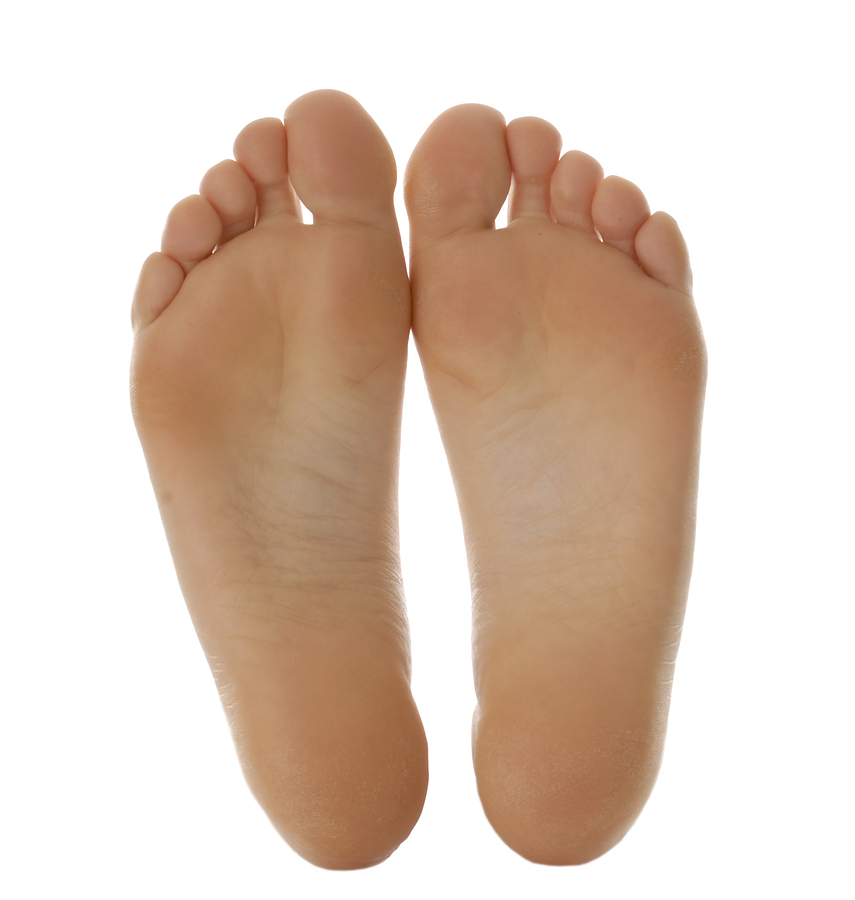


If you’re experiencing burning sensations in your feet, especially your toe pads, heels or soles, it could be from a medical condition. This problem can cause mild discomfort, affect your sleep and movement or be the source of chronic, debilitating pain. Some causes can be from nerve damage or neuropathy, and can be common in those with diabetes. If you have a vitamin B deficiency, it can also be the source of your burning feet as well as other symptoms. This deficiency can be from medical problems, or an unbalanced diet. This can affect how your body uses vitamin B12. Talk to your family physician to help find a diagnosis for your burning feet.

Deficiency of the B-Vitamins
Burning feet syndrome and vitamin deficiency are common enough that it should be addressed. There are two vitamins that are related closely to nerve dysfunction and may at times, be at the root of burning feet. These vitamins are B6 and B12. The latter is more strongly correlated to foot problems. It can cause a variety of degenerative nerve changes; some are permanent depending on how long the deficiency was. If you are lacking vitamin B6 you may have sensory neuropathy, but likely not as bad as in cases where B12 is lacking.
These deficiencies happen more commonly in vegans and vegetarians. B12 is more commonly derived from animal products and B6 can be found in grains, nuts and some vegetables. Those who are older, suffer from alcoholism or who have digestive tract diseases may be at a greater risk. How bad your feet burn and what other neurological symptoms you say are dependent on the duration and severity of the deficiency. B12 is often associated with anemia, so may cause peripheral neuropathy, which can cause burning feet.
Tests and Treatment
Your physician may recommend a blood test to help find out which vitamins are at play with your symptoms. If you are experiencing symptoms typically of vitamin B6 or B12 deficiency, or have a history of it, your doctor may suggest supplementation without further testing. If your symptoms improve, it can confirm the suspicion of vitamin B deficiencies.
You may have a burning sensation in your feet because of nerve damage in your legs, and this is neuropathy. Diabetes is the most common cause of this. In these cases, treatment focuses on preventing more damage and pain reduction. If your nerves are damaged they are more likely to misfire and be overactive. They will send pain signals to the brain, even without a wound. Those with neuropathy, often have leg damage first, which can cause numbness and tingling in the feet. There are many who say their feet are too sensitive to touch, which is called hyperesthesia, which can come with different levels of pain. It is described from mild to severe.
Alcohol and diabetes are the most frequent causes of neuropathy. There are other conditions that can cause a burning sensation in your feet, such as:
Inflammation and infections, in addition to neuropathy can cause burning feet syndrome. This happens with athlete’s foot, as the infection comes from a fungus. PAD or Peripheral artery disease commonly causes burning feet. This can make for poor circulation in the feet, which can cause burning, tingling and even pain, especially when walking.
There are some who experience burning feet a few weeks or months after they have had gastric bypass surgery. This is because they aren’t absorbing their vitamin B very well.
When You Should See a Physician
You should look for medical care if:
Get an office visit if:
If you can’t find any particular reason your feet are burning, your doctor may need to do a few tests to find the cause and to be certain peripheral neuropathy isn’t behind the trouble.
One treatment may seem obvious, if your burning feet syndrome is from neuropathy, stop doing further cell damage. There are some instances where treatment can provide improvement, such as with small fiber neuropathy. If no cause is found, your doctor will focus on treating symptoms.
For those who have diabetic neuropathy, blood levels should be kept in the normal range. This may mean dietary changes, medicine or insulin injections. Some specific conditions and their treatment include:
Treatments are often to help with pain. Some prescriptions often given include: